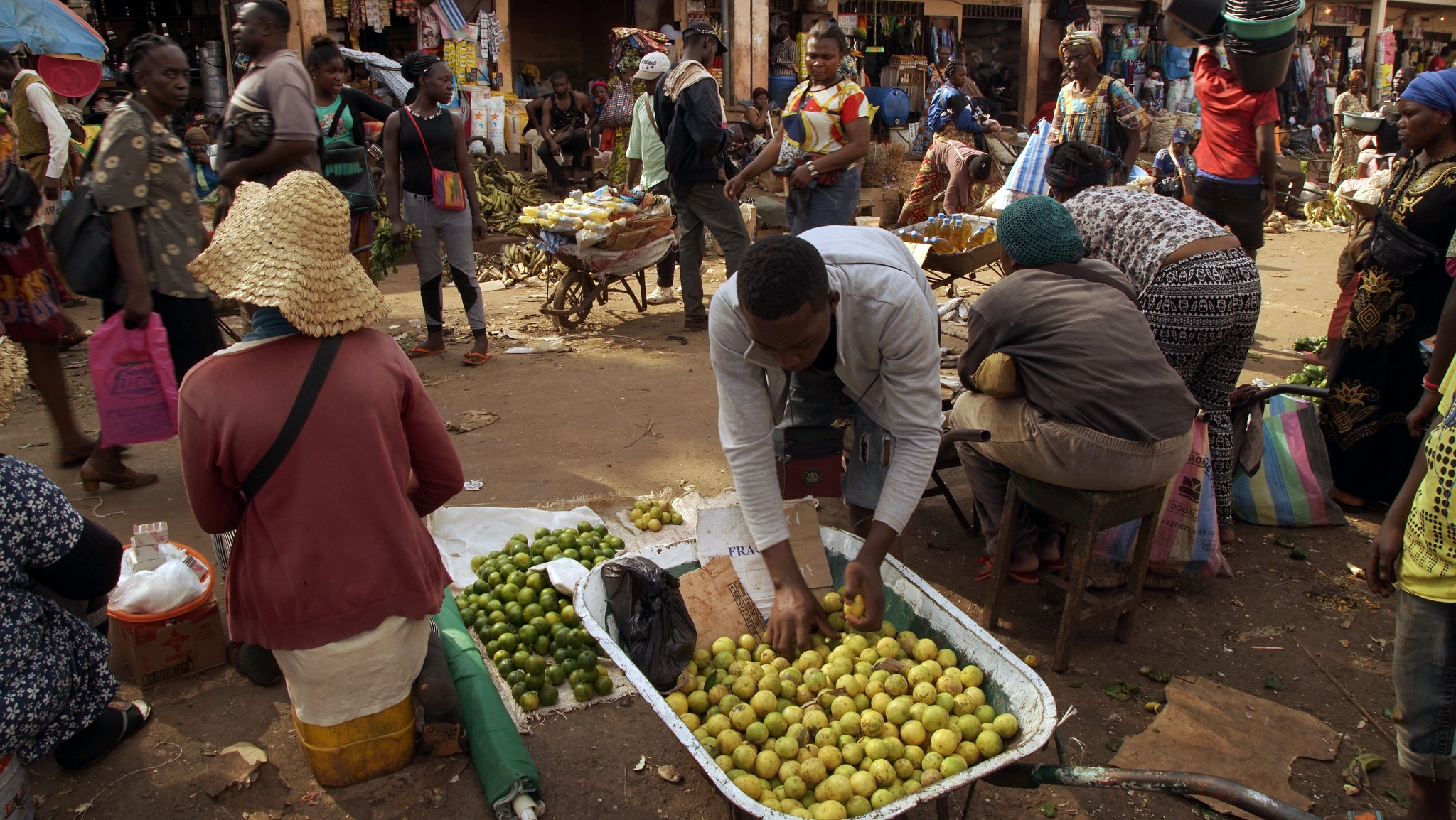
El objetivo general de este proyecto es mejorar la colaboración regional en la gestión de las cochinillas mediante el intercambio de informes sobre plagas de especies invasoras; mejorar la reglamentación y las prácticas de inspección transfronterizas; compartir informes sobre intercepción de plagas; impartir formación para el personal de las organizaciones nacionales de protección fitosanitaria (ONPF) de Burundi, Kenya y Uganda con el fin de identificar y vigilar las incursiones; y utilizar el control biológico como parte de una solución integrada para producir productos más seguros, reducir los residuos de plaguicidas y mantener el comercio.
Concretamente, el proyecto se centrará en lo siguiente: en Kenya, en la cochinilla del aguacate, que afecta al comercio de aguacates frescos con destino a China, y en la cochinilla de la papaya, que afecta al comercio interno con la pérdida de plantaciones completas de papaya; en Uganda y Rwanda, en la cochinilla del mango, que puede ocasionar malas cosechas de mango (y propagarse hacia el este); y, en África Oriental, en la cochinilla de la papaya, que afecta al cultivo y el rendimiento de la papaya, la mandioca, las hortalizas y otros cultivos, así como en la cochinilla de los cítricos, que afecta a los cultivos de cítricos.
Fresh fruit exports contribute significantly to the economic growth of East African countries. However, quarantine pests in these products hinder the growth of this sector.
The overall goal of this project is to enhance regional collaboration in managing scale insects by sharing pest reports of invasive species; improving cross-border inspection, regulations and practices; sharing pest interception reports; training to National Plant Protection Organization (NPPO) staff in Burundi, Kenya and Uganda to identify and monitor incursions; and using biological control as part of an integrated solution to produce safer produce, reduce pesticide residues and maintain trade.
Specifically, the project targets: in Kenya, the avocado mealybug, affecting the trade of fresh avocadoes to China, and the papaya mealybug, affecting internal trade through the loss of entire pawpaw orchards; in Uganda and Rwanda, the mango mealybug, which could cause crop failure (and spread eastwards); and across East Africa, the papaya mealybug, which affects the cultivation and yields of pawpaw, cassava, vegetables and other crops, as well as the citriculus mealybug, which affects citrus crops.
Train taxonomists, NPPO staff and extension officers to identify invasive scale insects
Train taxonomists, NPPO officers and extension officers on pest diagnostics, identification and management. Specific outputs include:
- Develop two training curriculums.
- Train 15 inspectors and taxonomists per country.
- Train 24 agriculture extension officers in Kenya, Uganda and Rwanda.
Strengthen the capacity of the NPPO to identify, survey and monitor invasive scale insects
- Develop and update surveillance and monitoring protocols.
- Conduct pest status surveys, delimiting surveys and reports on scale insect occurrence.
- Produce and update a checklist of scale insects for each country.
- Create a database of scale insects and associated organisms at the national, regional and global levels.
- Share information on invasive scale insect pests at the regional level.
- Update the pest information management system.
Enhance capacity to manage invasive scale insects at the farm level
This involves developing awareness and training materials on managing scale insects, certifying nurseries for the production of clean planting materials, and releasing biocontrol agents for papaya mealybug in Kenya and Uganda.
Specific outputs include developing awareness materials for at least 30 priority scale insects and management decision guides for 10 invasive scale insects; and publishing training curriculums and 10 nurseries to meet certification requirements.
Enhance stakeholder dialogue and apply a systems approach
A series of workshops are aimed at sensitizing and training stakeholders on the systems approach and biosecurity, enhancing linkages between the public and private sectors, creating broader awareness of the project’s findings and recommendations, and publishing proceedings of the final seminar and communication products.